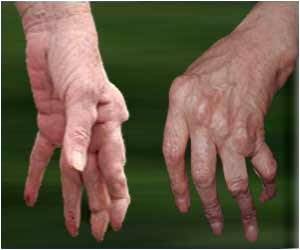The holistic approach to patient care and pain management used by Certified Registered Nurse Anesthetists (CRNAs) can help prevent opioid dependency.

‘The holistic approach to patient care and pain management used by Certified Registered Nurse Anesthetists (CRNAs) can help prevent opioid dependency, substance use disorder, drug overdoses and death.’





According to the 2016 National Pain Strategy, a diverse pain management strategy combines a range of therapies that may include medical, surgical, psychological, behavioral, and integrative approaches to care. Enhanced recovery after surgery (ERAS) is one such multimodal (multiple-approach) strategy that CRNAs use to effectively manage pain from pre-procedure to post-discharge with less reliance on opioids. Techniques such as regional anesthesia, peripheral nerve blocks, non-pharmacologic approaches, and non-opioid based pharmacologic measures also help reduce opioid use and shorten hospital stays. Research has shown that a multimodal approach to pain management can be more effective and create less risk than solely prescribing opioids to manage pain.
CRNAs are highly educated anesthesia professionals who are the hands-on providers of approximately 43 million anesthetics to patients in the United States each year. CRNAs work in every setting in which anesthesia is delivered including hospital surgical suites and obstetrical delivery rooms, critical access hospitals, ambulatory surgical centers, pain management facilities, and office-based practices providing acute and chronic pain management services.
Source-Newswise















